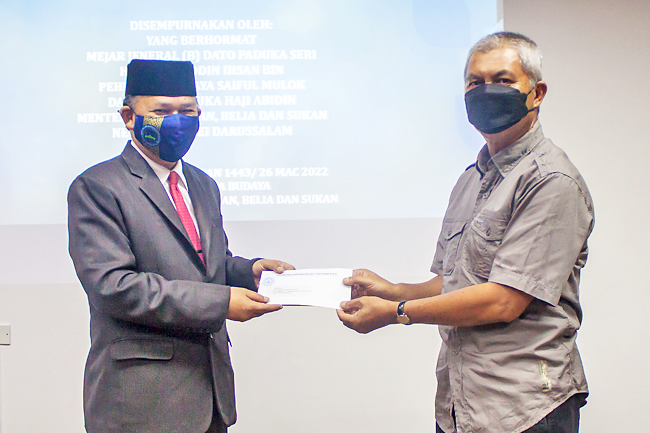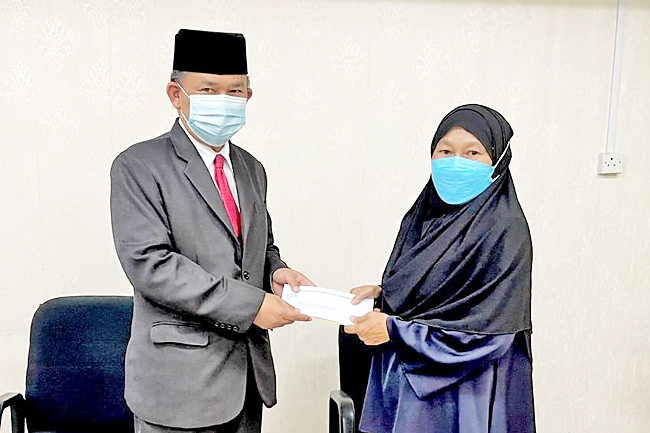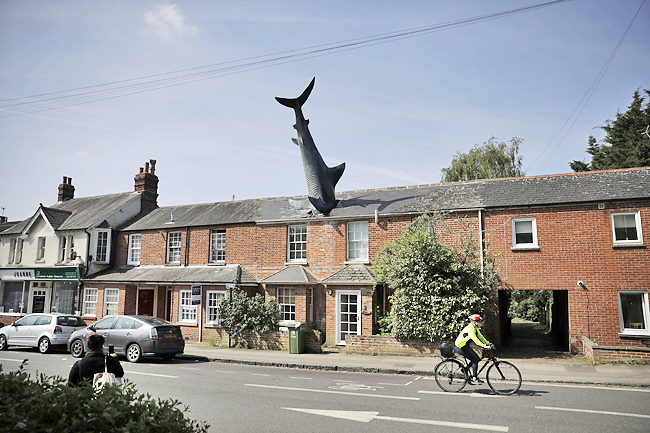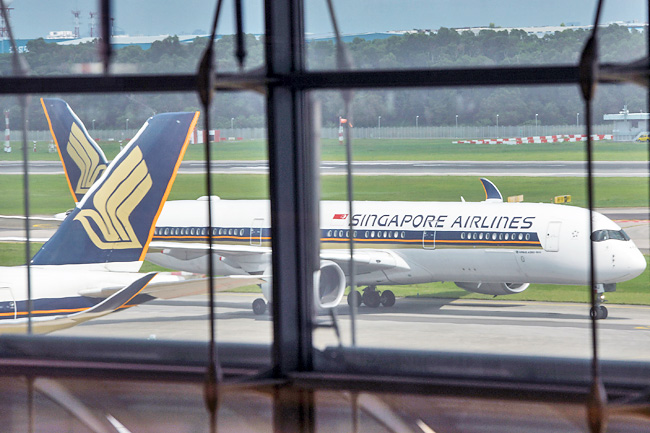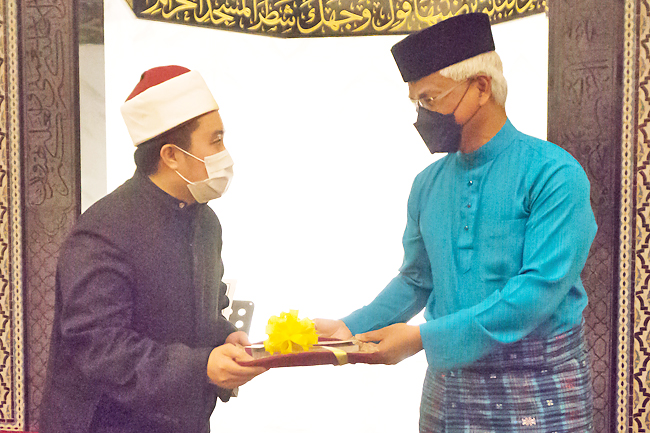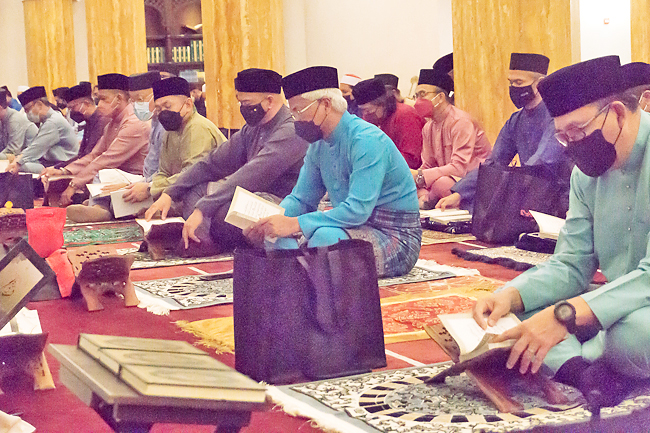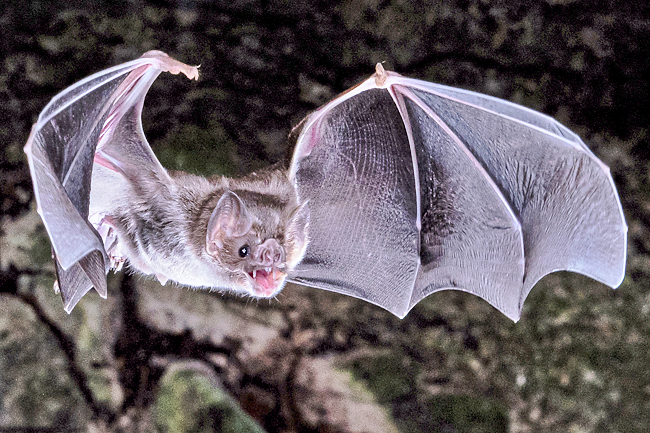BRUSSELS (AP) – European Union (EU) leaders struggled for hours on Friday to find a compromise on a deal aimed at curbing energy prices that have gone through the roof and hurt households and businesses across the 27-nation bloc.
There was a clear rift between the bloc’s southern and northern nations during the day-long talks in Brussels, with Mediterranean countries led by Spain pushing for intervention on the market with measures like price caps while Germany and the Netherlands resisted drastic options.
Leaders, however, did agree on a proposal from the European Commission to move toward the joint purchase of natural gas and ensuring that the bloc’s storage facilities are nearly full to try to avoid another energy crisis tied to the EU’s dependency on Russian energy.
The war in Ukraine has made EU nations realise they have been way too reliant on Russia for natural gas and oil to warm their homes and run their industries.
Facing protests at home from farmers, truckers and the fishing industry, Spanish Prime Minister Pedro Sanchez had put forward plans to the EU to decouple electricity from gas prices. Yet the radical options failed to gather an immediate consensus. The EU will revisit the matter in May but Spain and Portugal could receive special dispensation to weather price hikes in the meantime.
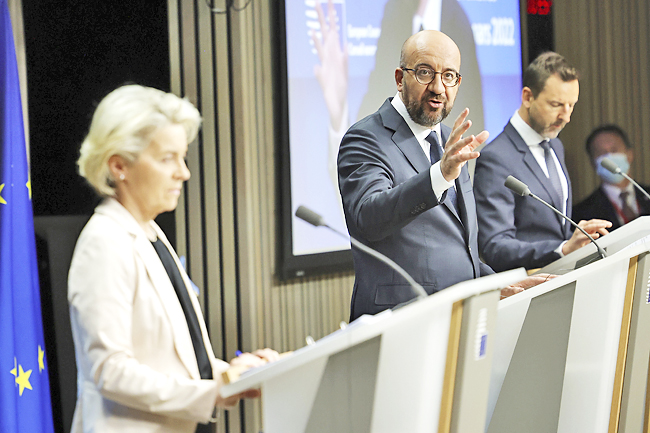
“The Iberian peninsula has a very special situation. There, their energy mix is with a high load of renewables, this is very good,” EU Commission President Ursula von der Leyen said after the summit. “Therefore, we agreed on a special treatment… so that the Iberian peninsula can deal with this very specific situation they are in and manage the electricity prices in the way we have been discussing.”
French President Emmanuel Macron said divergent views within the Council paved the way for the very long debate, “because the different states’ interests and energy models are not the same”.
With energy prices high and supplies low, the EU is looking at its last crisis – the COVID-19 pandemic – as a blueprint. The member states joined up to buy vaccines in huge quantities for an equitable distribution.
“The root cause of high electricity prices is, in big part, high and volatile gas prices,” von der Leyen said. “So we will join forces, pool our demand and use our collective bargaining power when purchasing gas. In addition, we must complete pipeline infrastructure and ramp up our storage. This will be our insurance policy against supply disruption. It’s also time to look at the design of our energy market.”
Europe was already facing a tricky test before Russia’s invasion because of an outlook for slowing economic growth accompanied by surging inflation, which is being driven by high energy prices. The European commission has predicted that the bloc’s economic growth would slow from 5.3 per cent last year to four per cent this year and 2.8 per cent in 2023.
EU leaders agreed in principle at a March 11 summit to phase out dependency on Russian gas, oil and coal imports by 2027.




